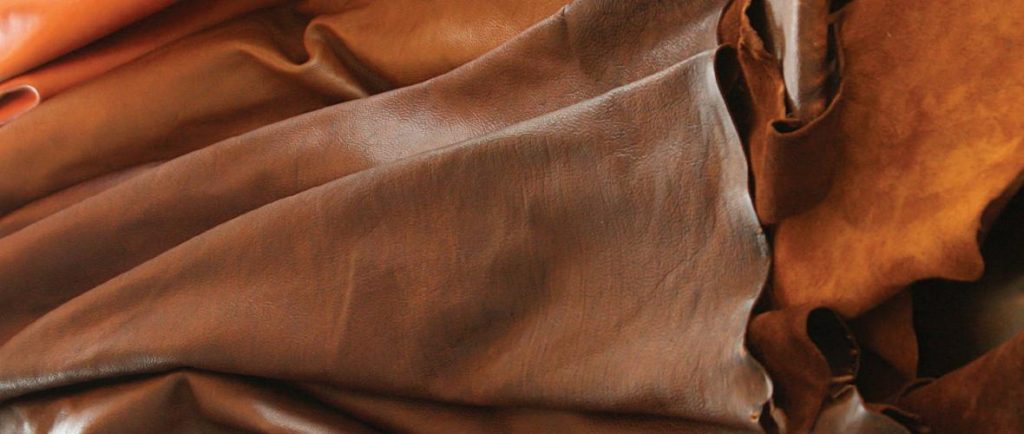
Over 150 artisans have been trained in various areas of the Leather Value chain in the Kingdom of Eswatini with support from the European Development Fund through the Regional Integration Support Mechanism (RISM).
Specifically, the project has trained artisans in footwear design and making, leather goods design and making, vegetable tanning and on the establishment of a vegetable tanning cluster. The project has also funded the development and validation of a feasibility study on the possibility of establishing a leather tannery in the Kingdom.
Eswatini joined forces with COMESA and signed a Grant Agreement in December 2018 for an overall amount of more than Euros 1.185 million from the European Development Fund (EDF) through RISM.
To forge the way forward, various Ministries came together to ensure the achievement of results of this project to become a success and a marvel for all to see in the country and beyond.
The Leather Value Chain Strategy of 2016 to 2025 states that the Kingdom of Eswatini is highly dependent on the importation of footwear and other leather products and annual footwear imports averaged at US$17.8 million in the period 2011 to 2017 which is reflective of a sufficient local market.
Trade Experts at the COMESA Secretariat have stated that whilst this may have read positively, the performance of the artisans who are involved in the production of footwear and other leather products are constrained due to several factors which include lack of skills in business management, collaboration (clustering) and having limited access to suitable equipment/machinery and technical production skills.
The funds made available through RISM have contributed to the enhancement of performance of the leather value chain in trying to mitigate some of these challenges faced by the sector players.
‘This project has contributed to addressing the constraints that had been identified to further the achievements by procuring leather production equipment including cutting, stitching, making and lasting machinery and tools amounting close to $36, 000,” reads the Latest Progress Report on Eswatini.

